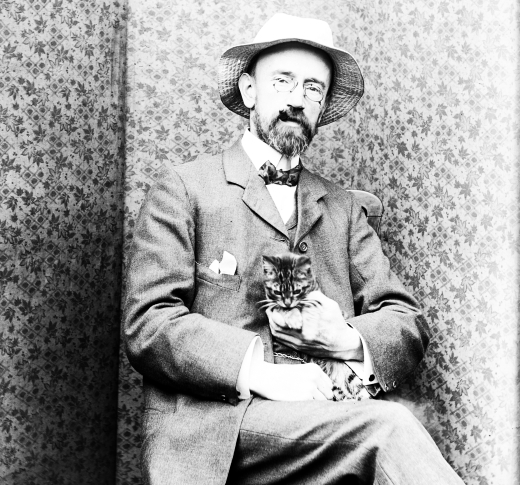- About
- Visiting
- What’s On
- Venue hire
- Catalogues
- Collections
- 101 Treasures of Chetham’s
- Digital Resources
- The Flowers of Histories
- A Book of Hours from France
- The Manchester Scrapbook
- Thomas Barritt of Manchester
- Art Treasures Examiner of 1857
- Manchester Association for Constitutional Order
- The North Western Museum of Science and Industry: Some Reminiscences by Richard Hills
- Criminal Manchester
- The Cup of Destiny
- Athenaeum Souvenir
- Middle English Manuscripts
- Manchester and Liverpool of Today
- Hollingworth’s Mancuniensis
- Memoir of Cecil Wray
- William Seward’s Diary
- The Anti-Monopolist
- Fishwick’s History of Rochdale
- Knyvett’s Defence of this Realm
- Tractatus de Nigromantia
- Axon Ballads
- Printed Books & Ephemera
- Archives & Manuscripts
- Prints and Photographs
- Blog
- Support us
Phelps Collection

The Library has a large collection of glass negatives and lantern slides from the late nineteenth and early twentieth centuries, mostly taken by the local amateur photographer Joseph James Phelps.
The collection appears to have been compiled around an informed interest in both local and world history with a proportion of Phelps’ own pictures together with purchased slide sets, selected as a series of lantern lectures. It includes slides by famous 19th-century suppliers including Francis Frith, George Washington Wilson (G.W.W.) and the Mancunian J.T. Chapman, all originally acquired around 1880 – early 20th century and charting popular world travel sites of the period.
There are also some twenty boxes of lantern slides of specifically local history interest covering a range of subjects including canals, industrial development, architecture (old and new including a good amount of material on Chetham’s Library), family portraiture and some evocative early 20th-century street life and city views.
Completing the collection are between 2000 and 3000 glass plate negatives in mostly half-plate or smaller formats.
Phelps is believed to have been influenced by the photography of Samuel Coulthurst who worked in Europe, and in Manchester and environs around the turn of the 19th/20th centuries. A collection of Coulthurst’s work can be viewed at Manchester Public Library. There is also stylistic evidence with others working in the documentary tradition of the period including famous London-based photographer Paul Martin. With widespread use of the easier-to-use dry plate process during the late 19th century, a great expansion in the use and application of photography became possible. This enabled the growth of a number of competent amateur photographers intent on documenting their immediate world with a reality and intensity rarely seen before. Phelps could be said to embody the aims of the serious-minded amateurs of the period, who sensitively and painstakingly documented their lives and environment for posterity without the promise of any significant personal reward.
